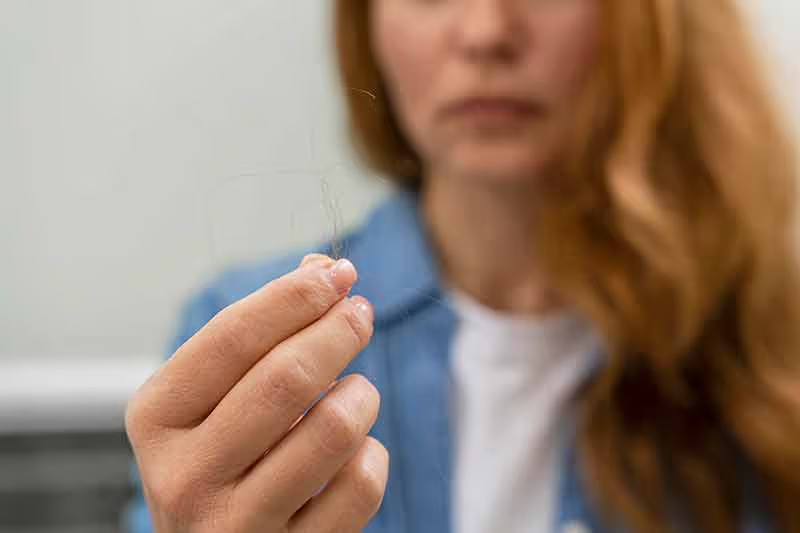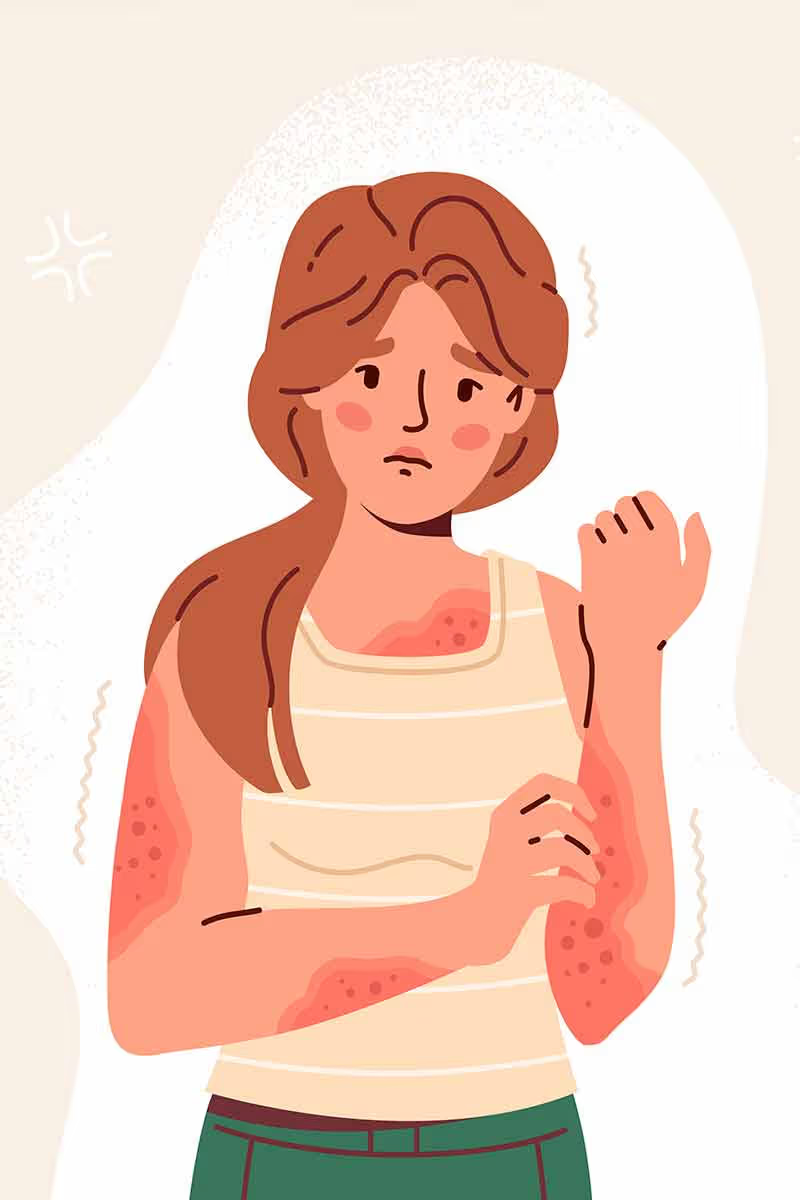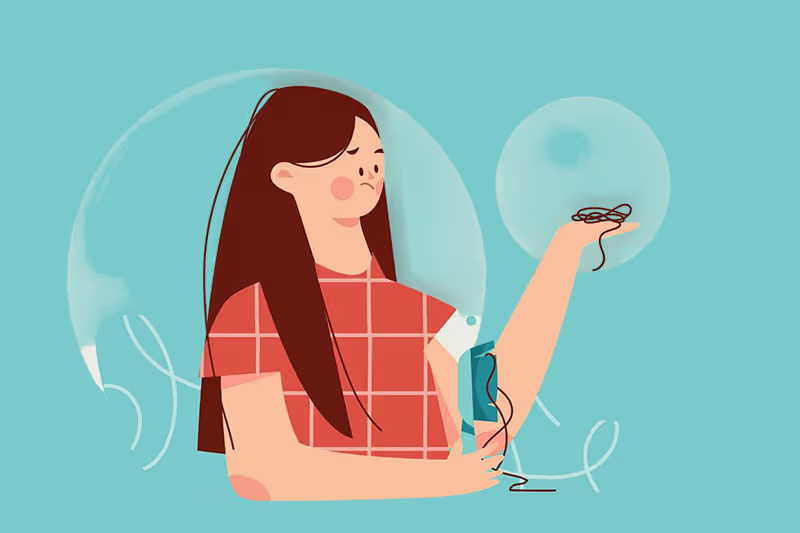Trichotillomania and Dermatillomania
You’re not simply dealing with a habit — hair-pulling and skin-picking are distressing, often hidden behaviours that affect self-esteem, sense of control and daily life — and you don’t have to face them alone.
You’re not simply dealing with a habit — hair-pulling and skin-picking are distressing, often hidden behaviours that affect self-esteem, sense of control and daily life — and you don’t have to face them alone.



At Space to Breathe Therapy, we recognise that living with Body-Focused Repetitive Behaviours (BFRBs) such as hair-pulling and skin-picking can be deeply distressing, often affecting self-esteem, confidence, and emotional wellbeing. Each person’s experience is different, and these behaviours are rarely about choice — they’re a response to underlying tension or anxiety. With gentle guidance and practical strategies, it’s possible to regain control, reduce urges, and rebuild a more compassionate relationship with yourself.
Trichotillomania and Dermatillomania are both Body-Focused Repetitive Behaviours (BFRBs), conditions that involve repetitive, compulsive actions focused on the body. While they are categorised under the umbrella of Obsessive-Compulsive and Related Disorders, they are distinct from OCD in many ways.
Trichotillomania involves recurrent, irresistible urges to pull out hair from the scalp, eyebrows, eyelashes, or other areas of the body.
Dermatillomania involves recurrent skin picking, which may focus on perceived imperfections or lead to skin damage such as scabs, sores, and scarring.
These behaviours often lead to noticeable physical effects—such as hair thinning, bald patches, or skin lesions—that can significantly affect self-esteem, emotional wellbeing, and quality of life.

Trichotillomania (Hair-Pulling Disorder)
Dermatillomania (Skin-Picking Disorder)

These conditions are not habits someone can easily control. Individuals with BFRBs often experience strong urges that go beyond a simple habit, frequently causing distress and emotional pain.
“Why can’t they just stop?”
Stopping these behaviours isn’t a matter of willpower. Many people engage in pulling or picking without realising it, and even conscious efforts to stop can be incredibly challenging.
“It’s self-harm.”
While the behaviours may lead to physical harm, the motivation behind BFRBs is typically different from self-injury. Often, individuals are trying to correct a perceived imperfection or manage stress—not intentionally harm themselves.
“It’s just OCD.”
Although they are grouped under OCD-related conditions, Trichotillomania and Dermatillomania are unique. People may not always experience obsessive thoughts before engaging in the behaviour, and unlike OCD compulsions, these acts often result in shame rather than relief.
BFRBs are often linked to difficulties in emotional regulation. Stress, anxiety, boredom, or strong emotions can act as triggers, and individuals with these conditions may have a lower tolerance for uncomfortable feelings. The behaviour may temporarily provide a sense of relief or focus, but it can also perpetuate a cycle of guilt and distress.
At Space to Breathe Therapy, we offer compassionate, evidence-based approaches tailored to your unique experience. Treatment typically focuses on increasing awareness of the behaviours, identifying triggers, and developing healthier coping strategies.
We work together to explore what happens before, during, and after a hair-pulling or skin-picking episode. Understanding these patterns helps slow the behaviour and identify key moments for intervention.
This approach builds awareness of urges and introduces alternative actions. For example, using a fidget toy or making a fist can redirect the impulse to pull or pick.
We help identify environmental triggers and make changes to reduce the likelihood of engaging in the behaviour. This might involve changing daily routines or modifying certain situations where picking or pulling usually happens.
Developing healthier ways to cope with stress and difficult emotions is a key part of treatment. Mindfulness, relaxation techniques, and self-compassion practices can support long-term recovery.
Our approach is collaborative, non-judgemental, and empathetic. Whether you’re just beginning to explore support or have tried different strategies before, we will work at a pace that feels right for you. The goal is not just to reduce the behaviours but to restore your confidence, wellbeing, and sense of control.
Living with Trichotillomania or Dermatillomania can be isolating and exhausting, but you don’t have to face it alone. With understanding, practical tools, and personalised support, it is possible to make lasting, positive changes.
Ready to take the next step?
If you or a loved one is struggling with hair-pulling or skin-picking, we’re here to help. Book your session with Maggie today and begin your journey toward healing, confidence, and a space to breathe.